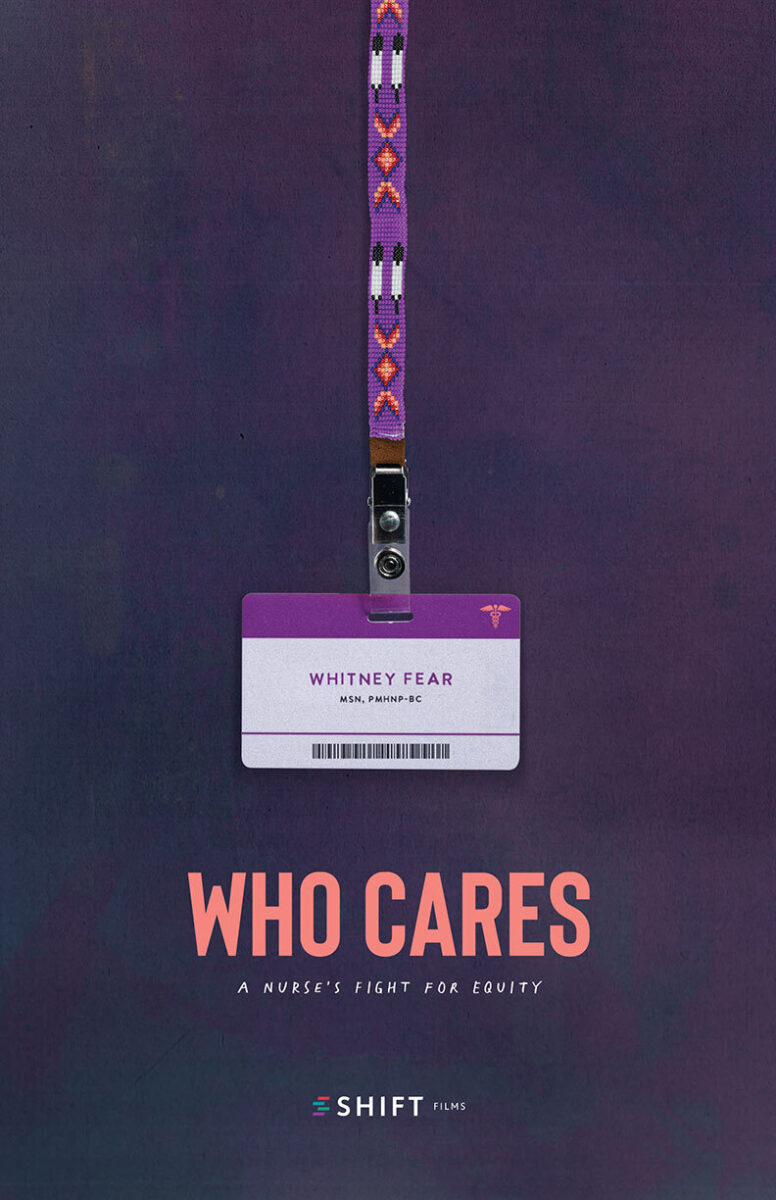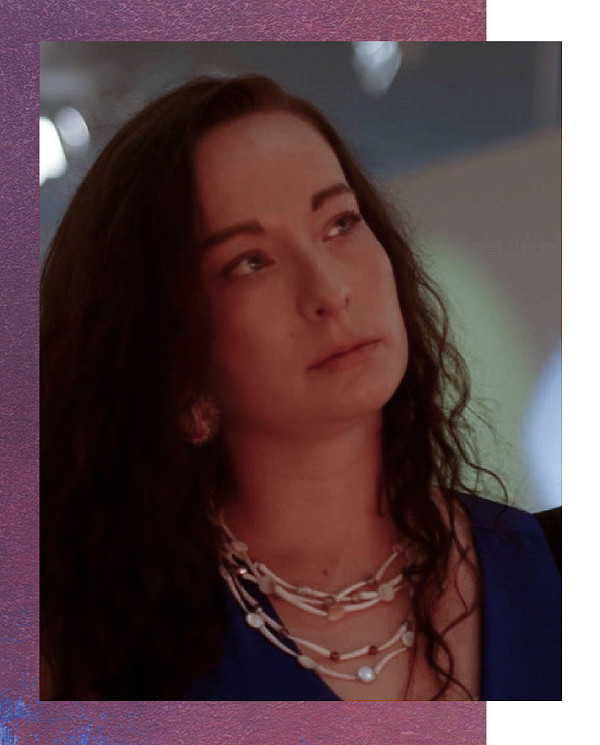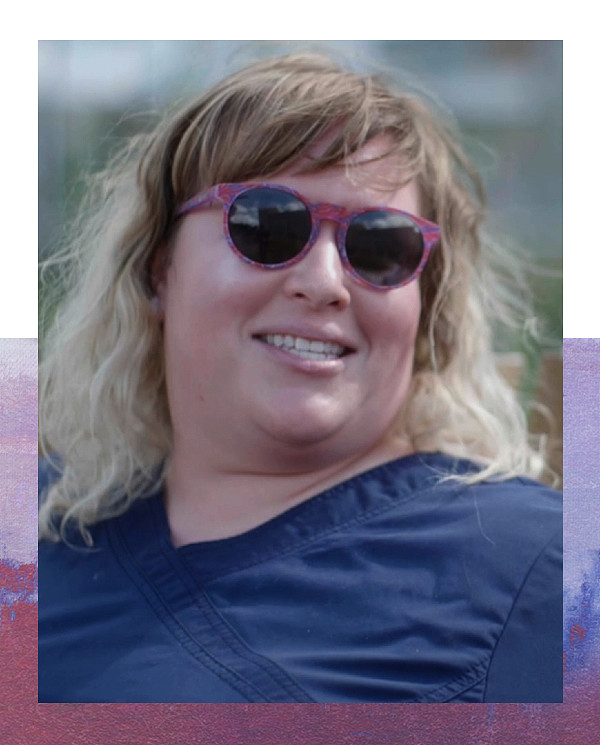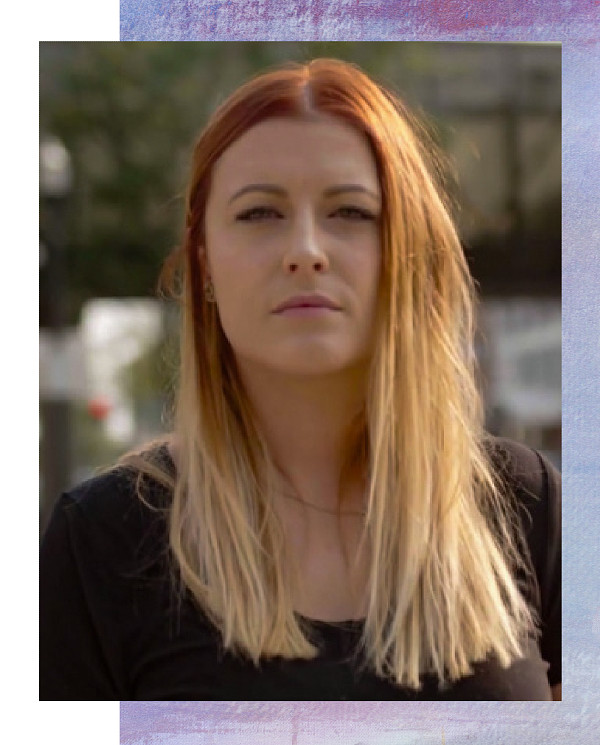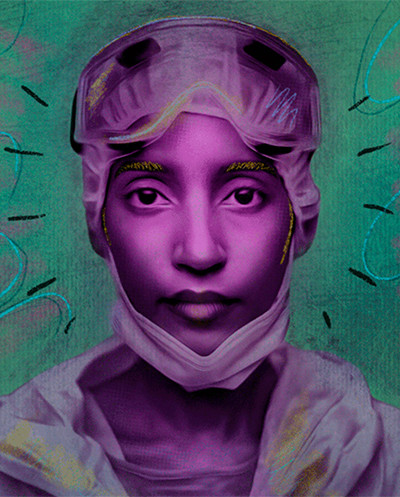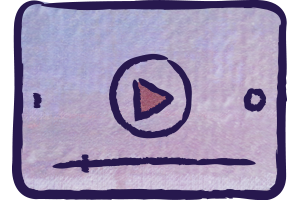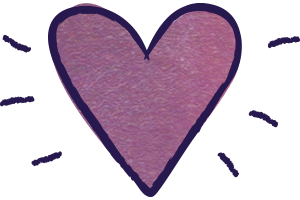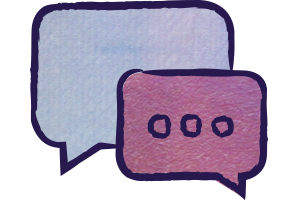What Whitney Cares About
The first step to addressing a problem is understanding it. Click on each tile to read more.
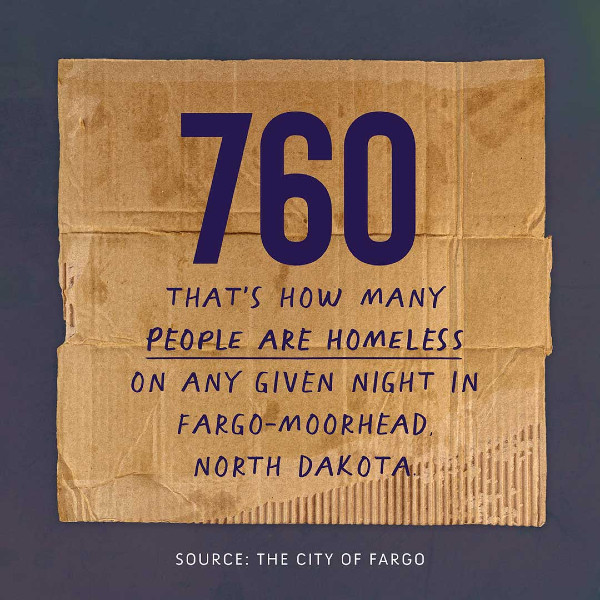
Homelessness
57% of people experiencing homelessness in Fargo-Moorhead are persons of color. Native American and Black individuals are the most likely to experience homelessness in the area.
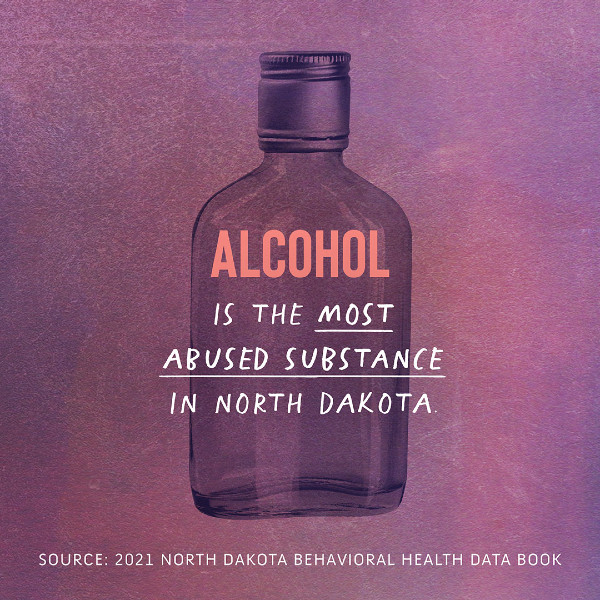
Substance Use Disorder
Within the last month, 34.1 percent of adults in North Dakota engaged in binge drinking (five or more drinks in two hours), compared to the U.S. average of 26.5 percent.
Learn More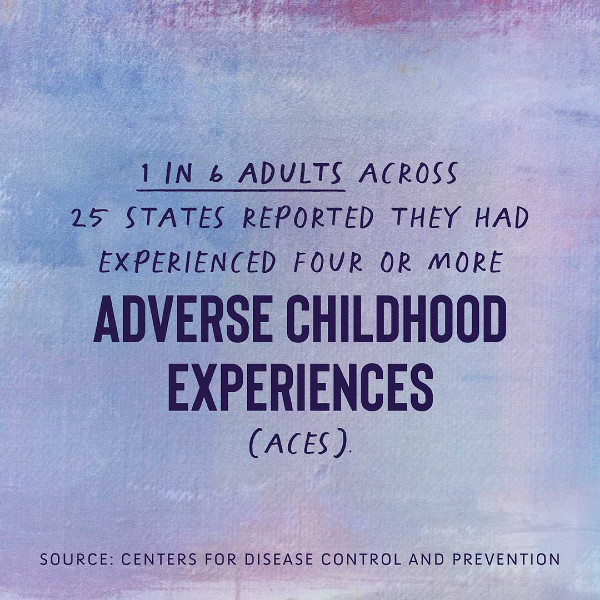
Trauma-Informed Care
Adverse childhood experiences (ACEs) are potentially traumatic events before age 17 that are linked to chronic health problems in adulthood. Women and racial/ethnic minorities are more likely to have more ACEs.
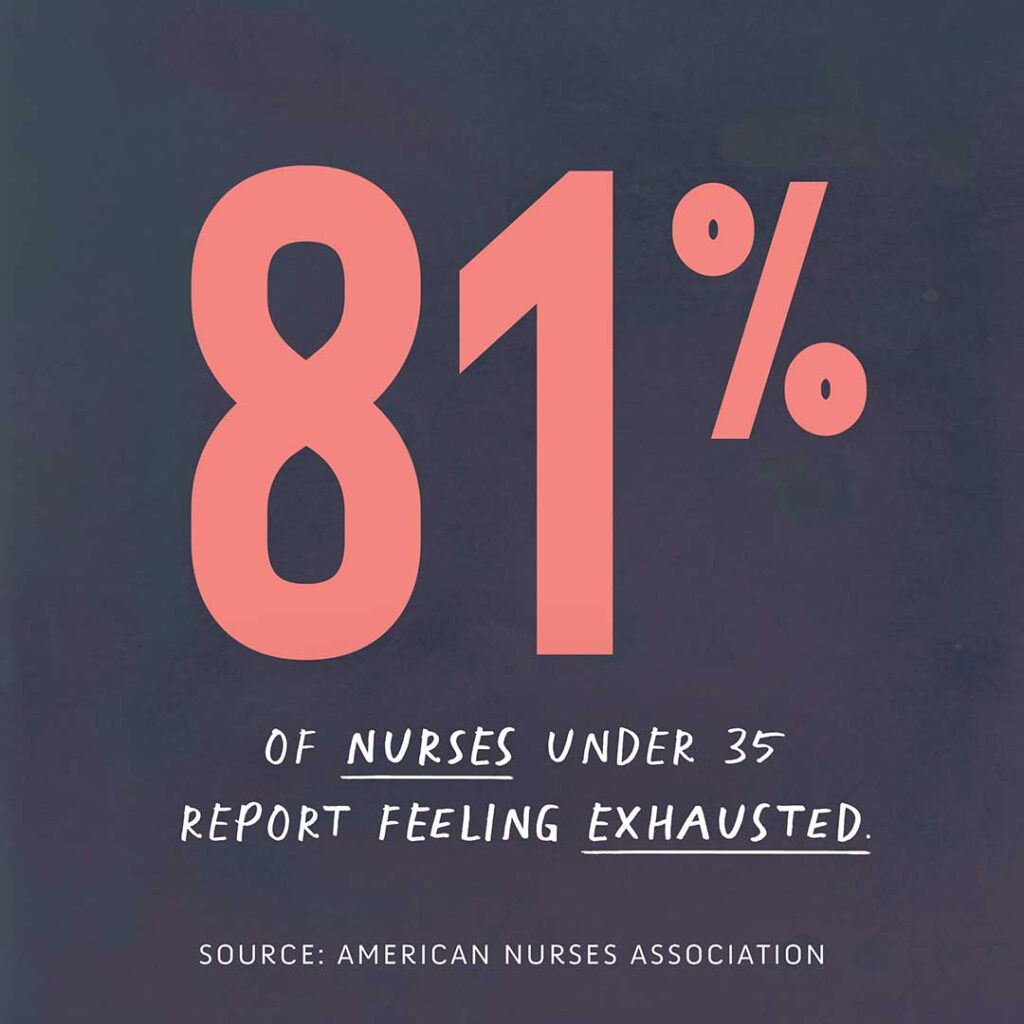
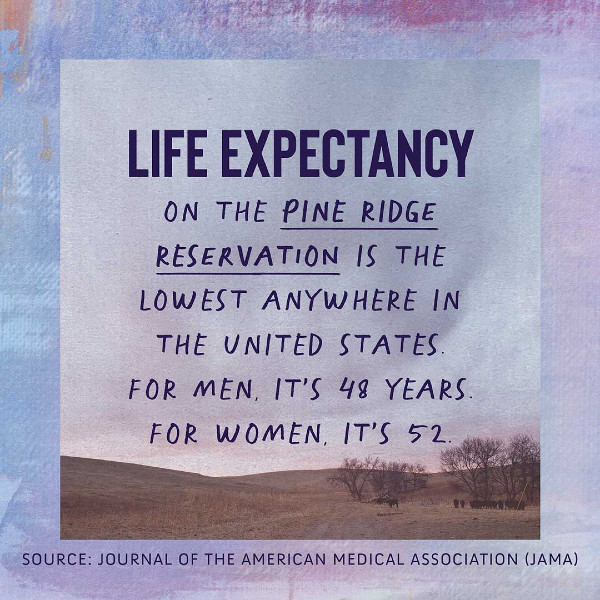
Pine Ridge Reservation
On the Pine Ridge Reservation, rates of health conditions like tuberculosis and diabetes are eight times the national average. Extreme poverty and other social determinants contribute to poor health outcomes.
Learn More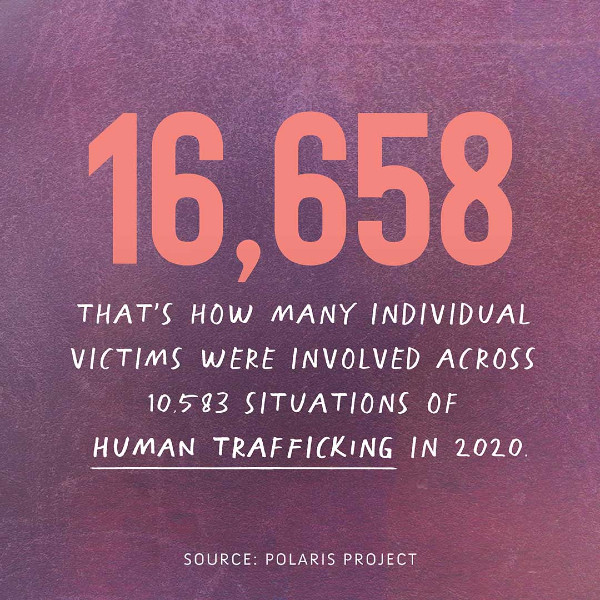
Human Trafficking
The coronavirus pandemic led to a significant increase in human trafficking nationwide. Victims being recruited by a family member or caregiver increased significantly in 2020, to 31% of all victims.
Learn More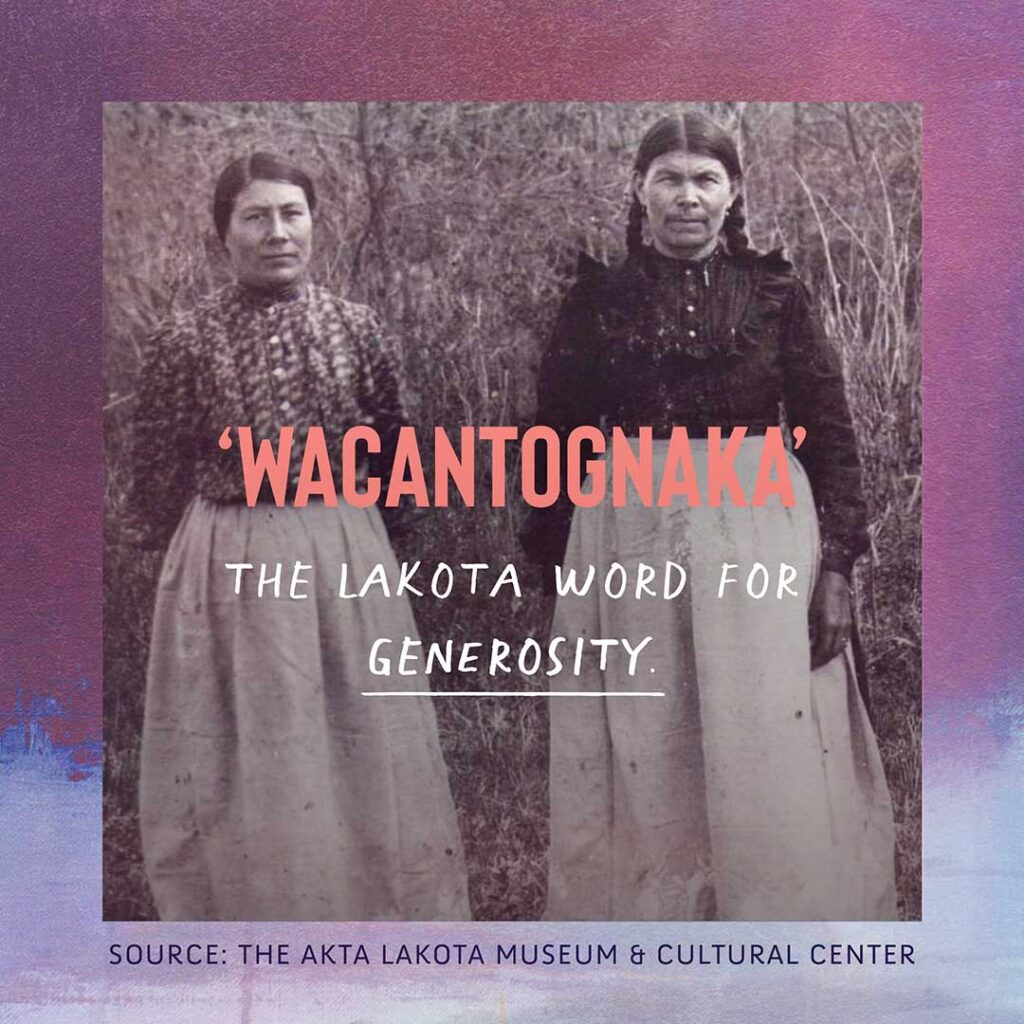
Lakota Culture
Contributing to the well-being of all life — ‘Wacantognaka’ — by sharing and giving freely of your time, possessions, and especially emotions, is foundational to Lakota culture.
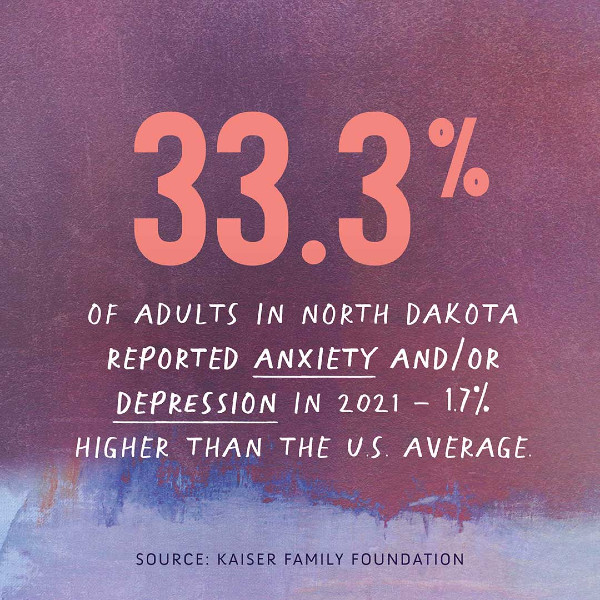
Mental Health
Prior to the pandemic, 20.5% of adults in North Dakota suffered a mental illness. Of those who needed mental health treatment but did not receive it, 36.3% said it was due to cost.
Learn MoreWhat Do You Care About?
We’d love to hear from you!
"*" indicates required fields
What SHIFT Cares About
Nurse practitioner Whitney Fear is continuing to fight for health equity in her community a year after the "Who Cares" film premiered.
One Year Later: Whitney Fear Looks Back After Premiere of “Who Cares: A Nurse’s Fight for Equity”
Healthcare workers can do something about human trafficking — if they’re enabled with awareness and the resources to help victims.
Hiding in Plain Sight: How Nurses Can Stop Human Trafficking
The Pine Ridge Reservation is evidence of how social determinants and systemic issues like racism led to our nation’s health inequities.
What Led to Health Disparities for Native Americans on the Pine Ridge Reservation — and What Can Nurses Do About Them?
How more than two years of fighting the coronavirus has led to a mass exodus from nursing.

